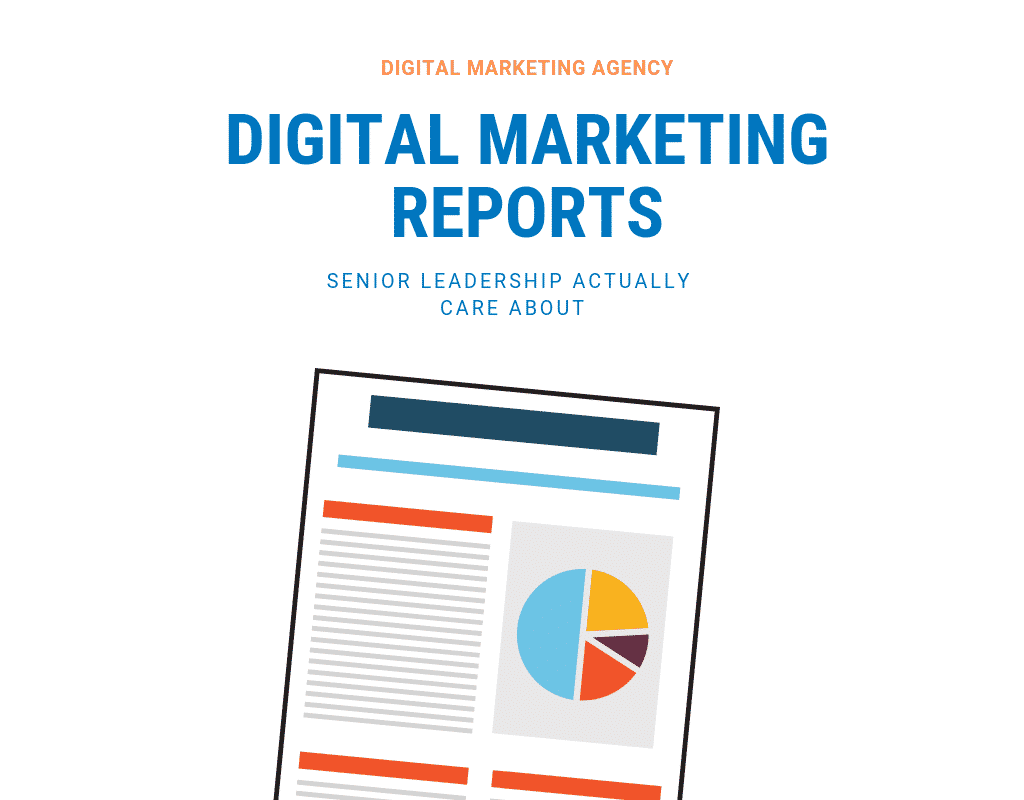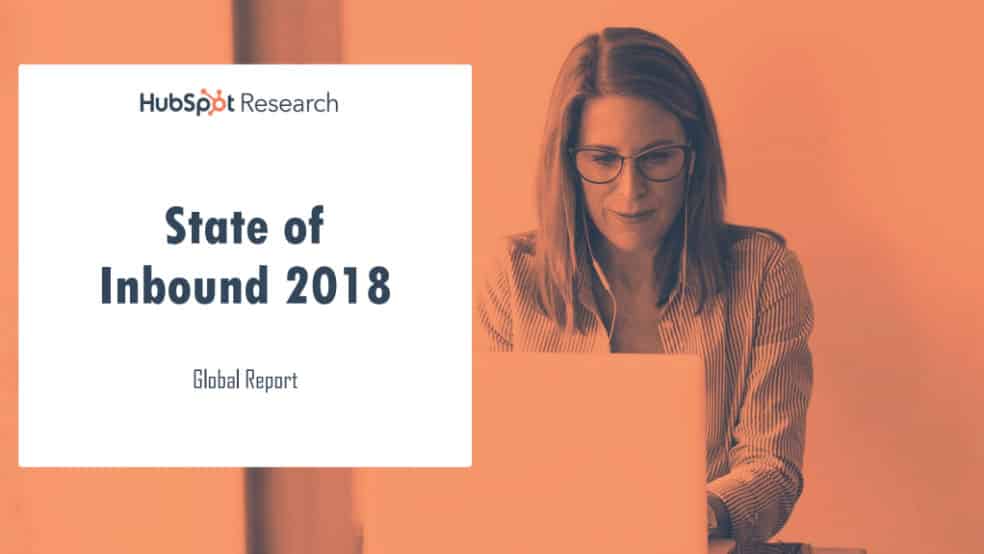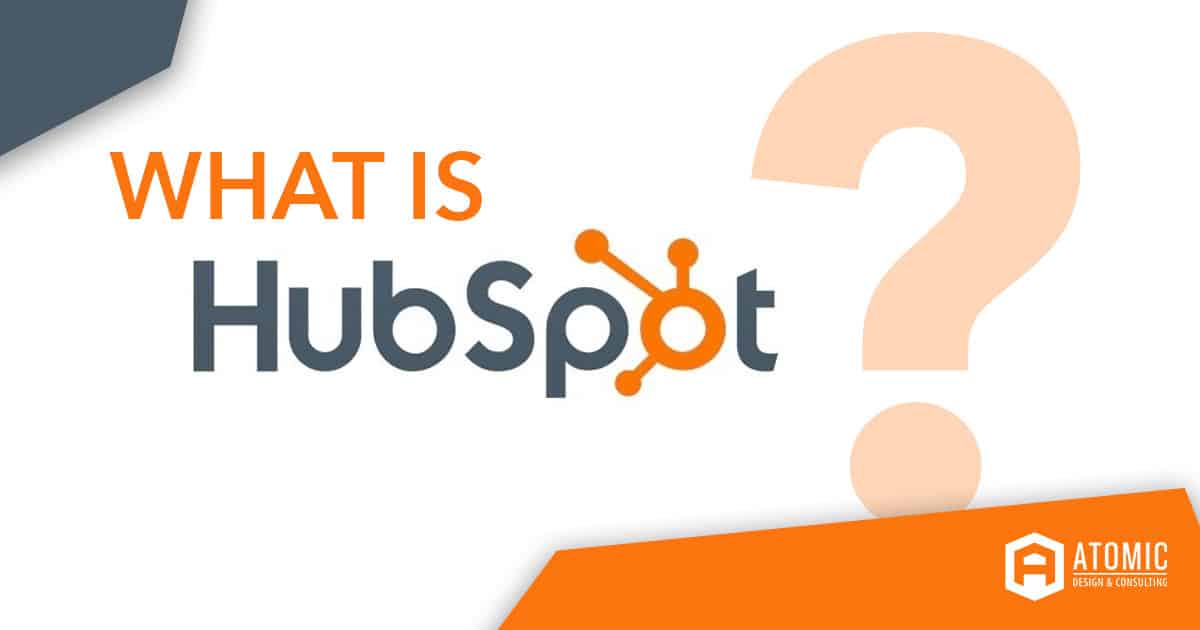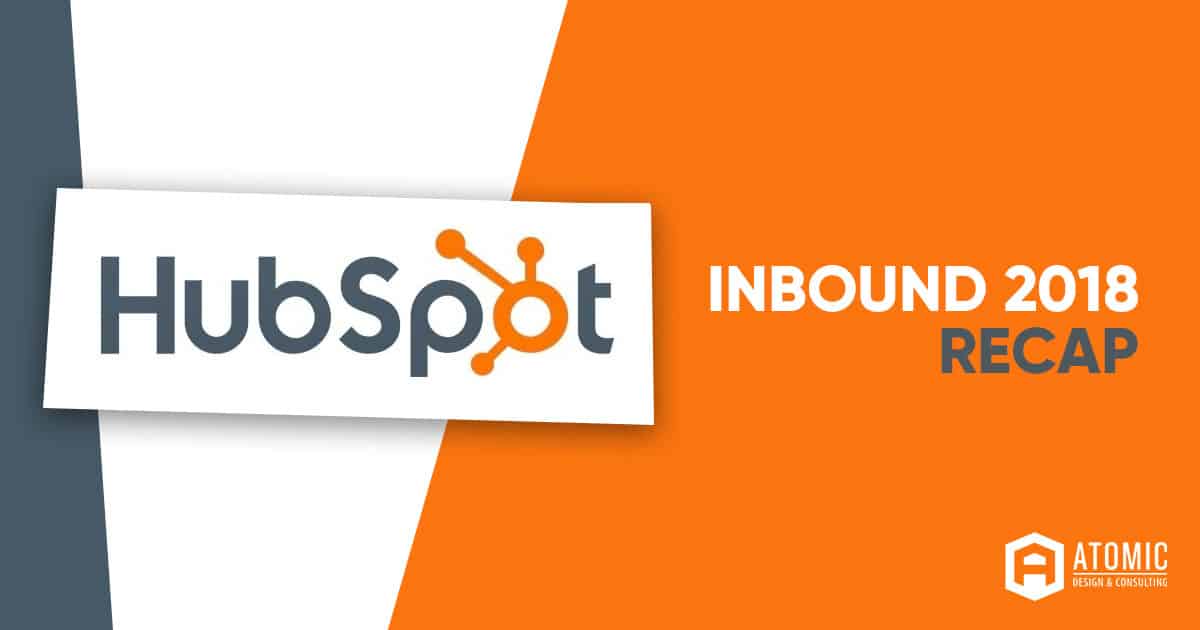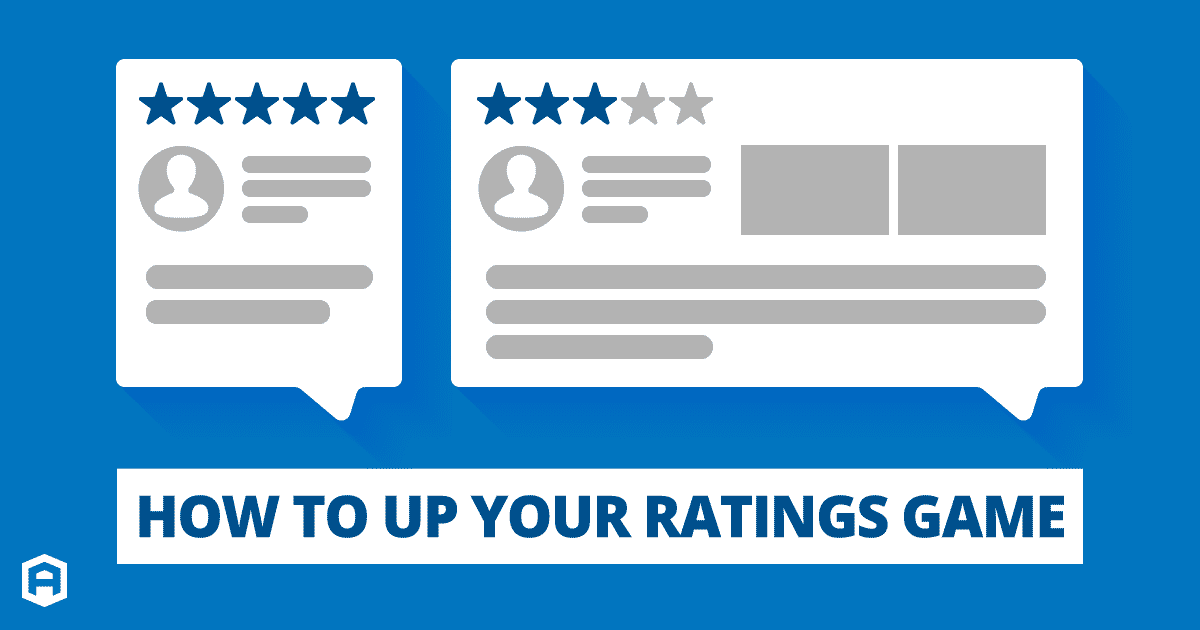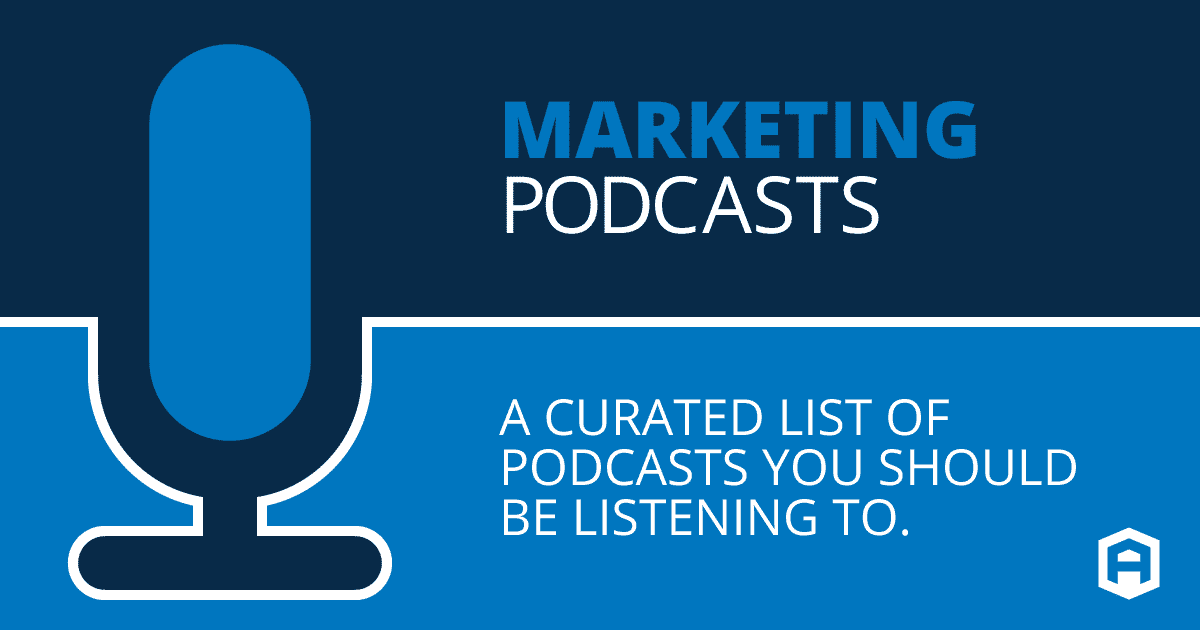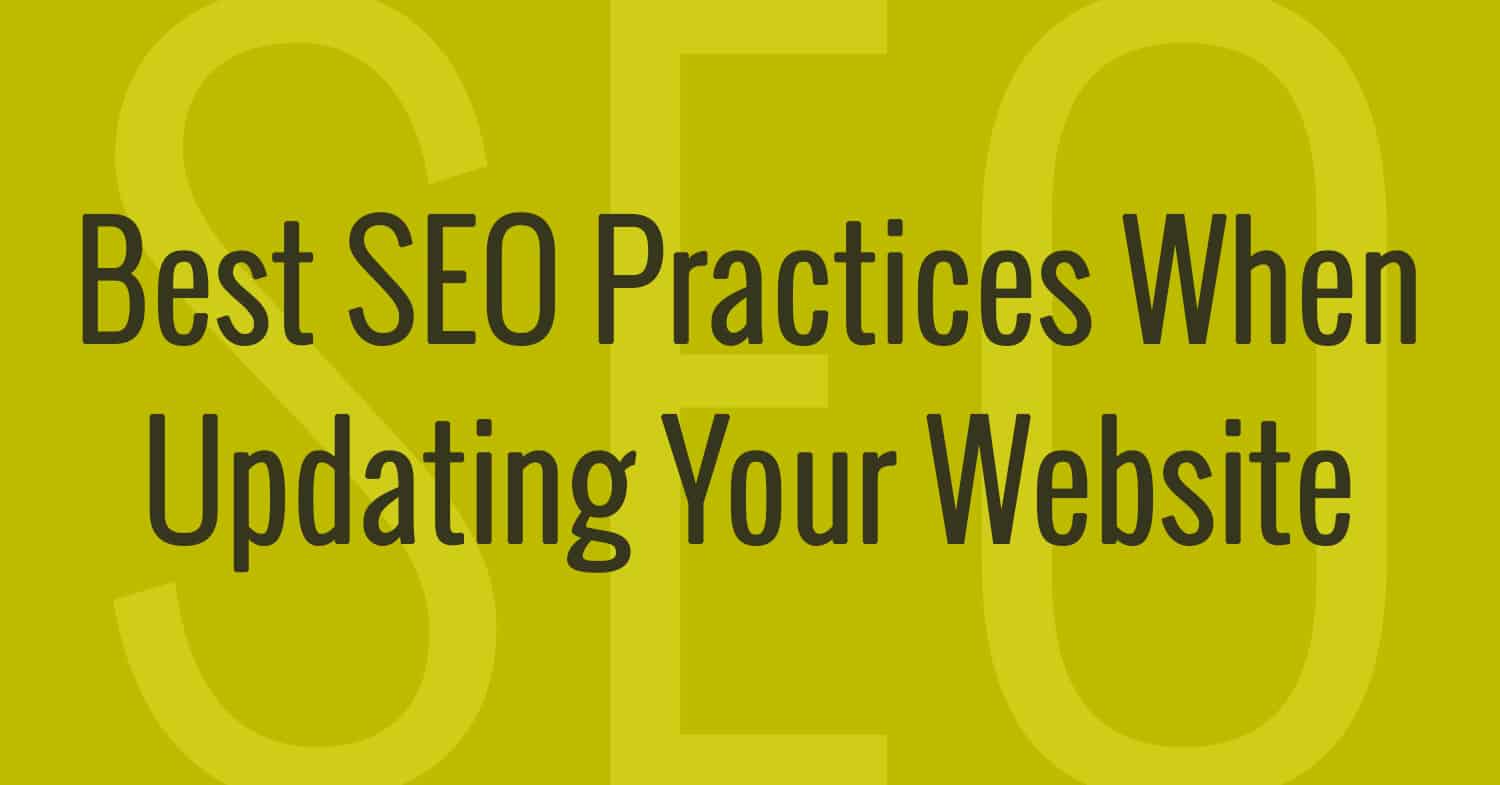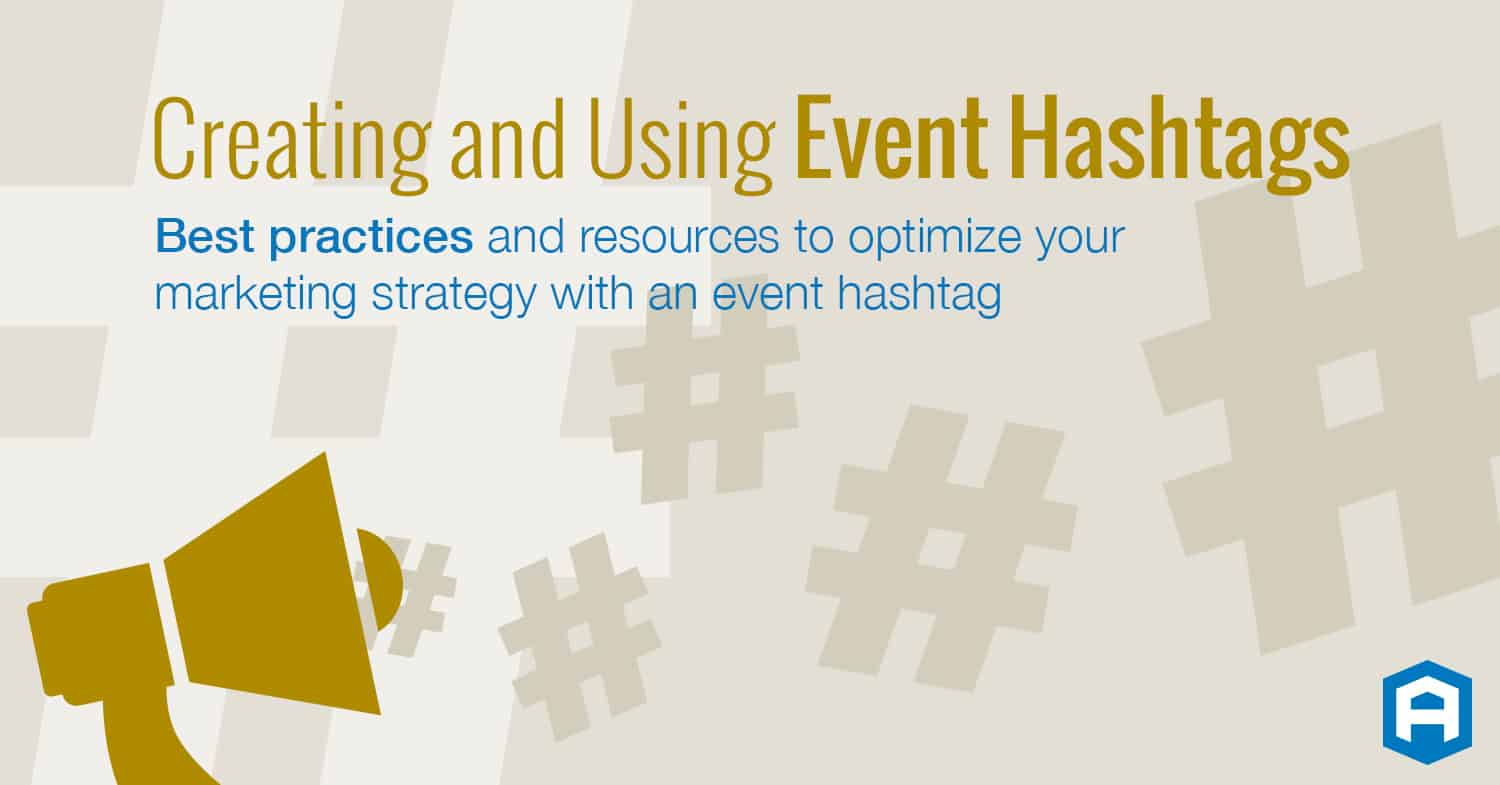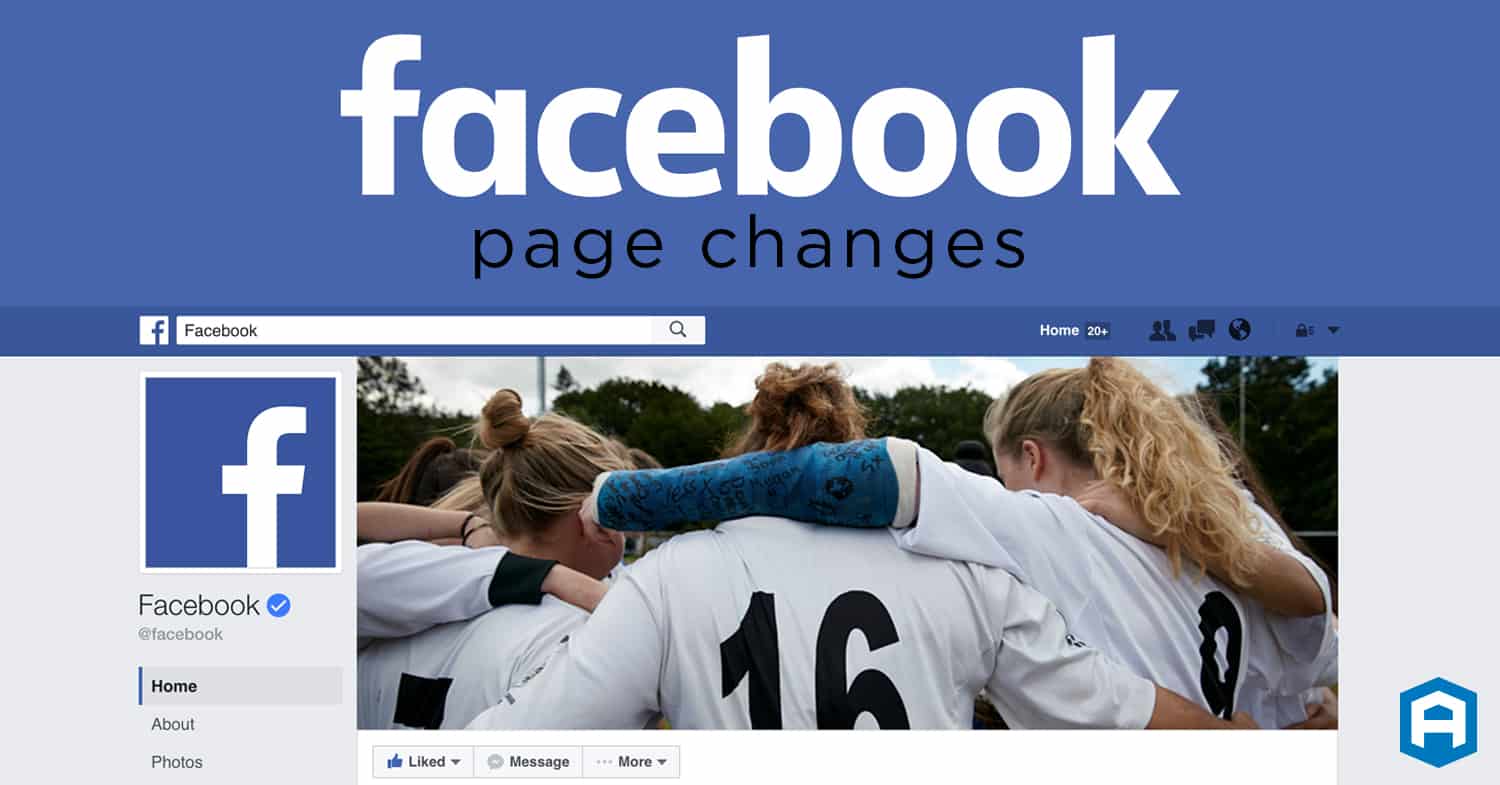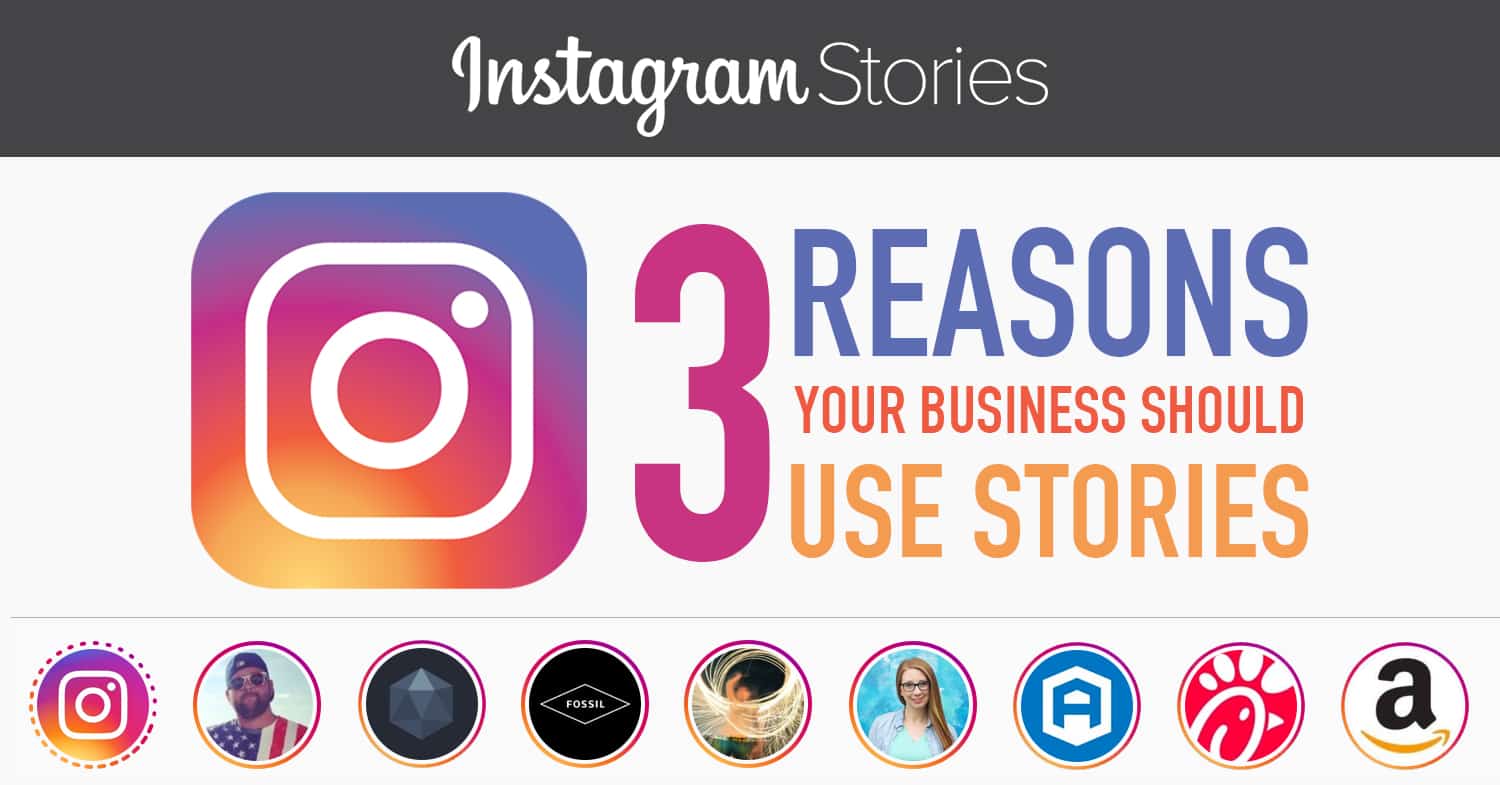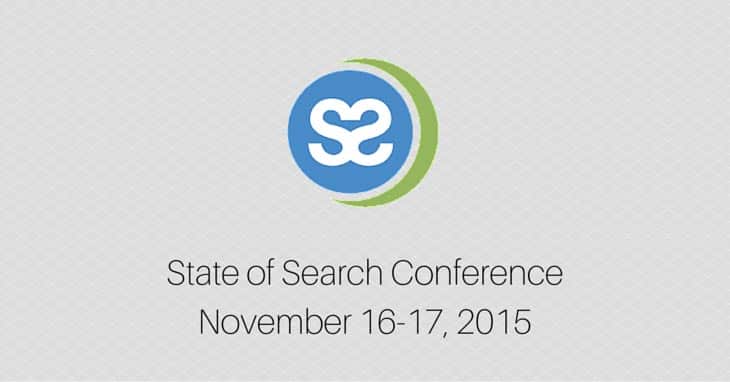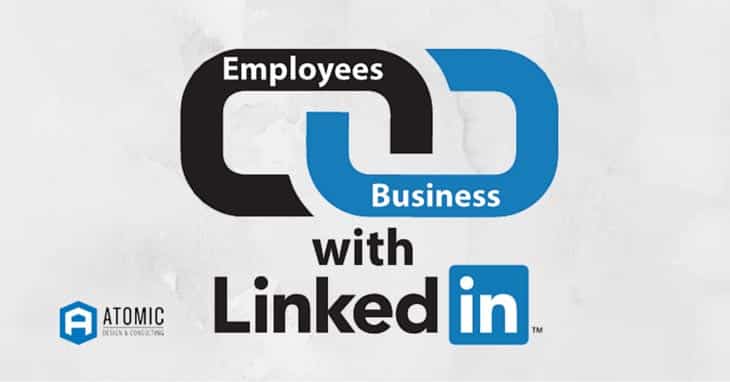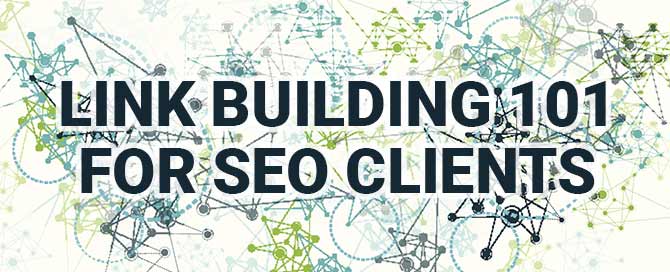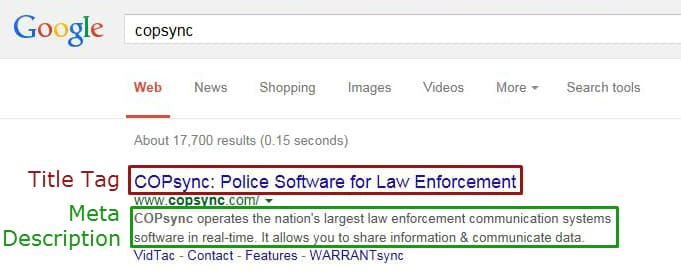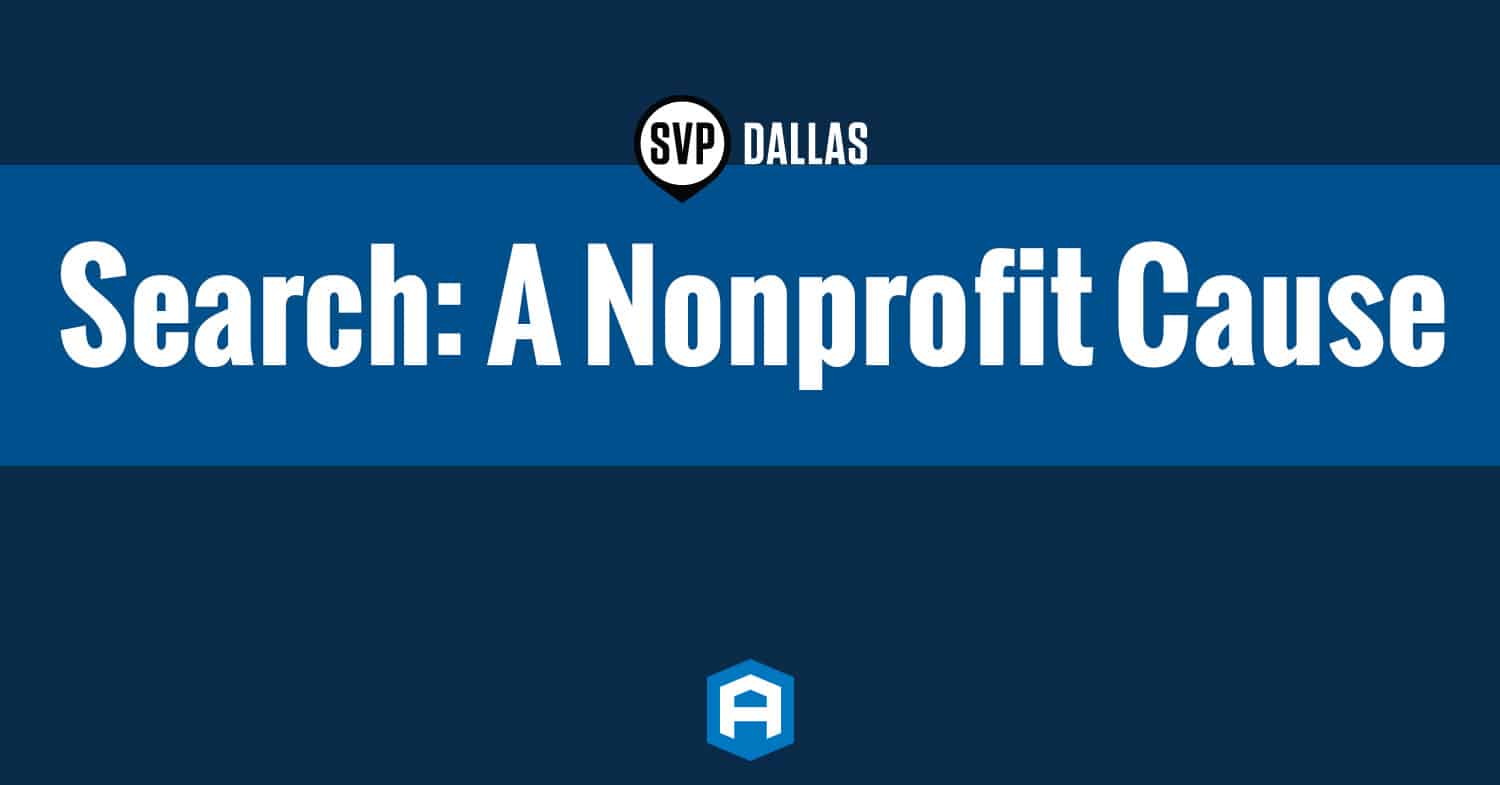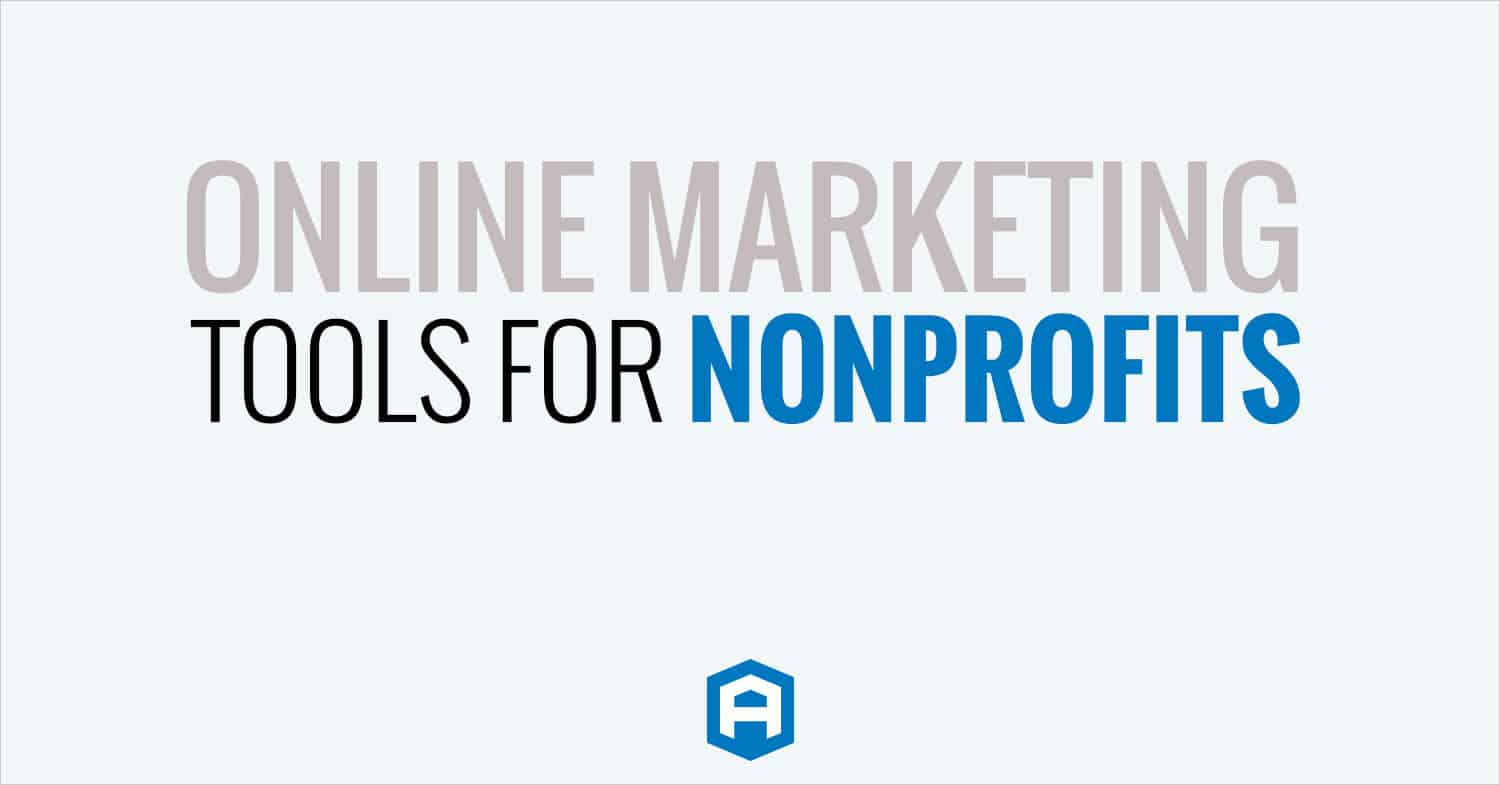The day we all feared was coming is finally here. Google is officially 100% secure search data. So what does this mean? Basically, anyone who isn’t signed into Google will automatically have secure search turned on by default. They had this feature in place for logged-in users since 2011, and Google claims their reason for this sudden shift is to provide better service for their users.
Google made an official statement this afternoon:
We want to provide SSL protection to as many users as we can, in as many regions as we can — we added non-signed-in Chrome omnibox searches earlier this year, and more recently other users who aren’t signed in. We’re going to continue expanding our use of SSL in our services because we believe it’s a good thing for users….The motivation here is not to drive the ads side — it’s for our search users.
SEO’s have a few other conspiracies in mind…
One theory is that post-PRISM, Google is trying to keep all data away from the NSA at any cost. The purpose of this would be to supplement their efforts to be more transparent about privacy issues and keep more users from migrating to other secure engines like Duck Duck Go.
Another theory is that Google is trying to force more companies into advertising using paid search. With the increasing amount of real estate paid ads are taking up above the fold, this theory may not be too far off base…
The scope of the change
To give you an idea of how dramatic this change has been in just one day, my clients jumped from 58.89% (not provided) for all of September to 75.18% for just today. That’s over 15% more! A 27.66% growth in (not provided) overnight. That’s about the same amount of growth that took place over an entire month from August to September.
Here’s the data client-by-client. I’ve anonymized the data for my clients’ privacy:
This is bad…but it gets worse…
When you add the (not provided) percent to the percent of branded keywords, the numbers get ridiculous. I have four clients that are at 100% when you add the two together. Meaning 100% of their query data in Google Analytics is useless today.
Check it out:
So what now?
SEO’s still have a few options for keyword data. Assuming that users perform in similar ways across all search engines, Bing and other search engines are a good place to start. We can also get our data from Webmaster Tools, though that could go away as well. Last but not least, there is paid advertising. Google has left a backdoor for advertisers to get keyword performance data through their ads.
We’ll do as we always do…figure something out!
Blog Categories
Interested in a specific topic? Review the categories below and get the info, news, and tips you need based on your interest!


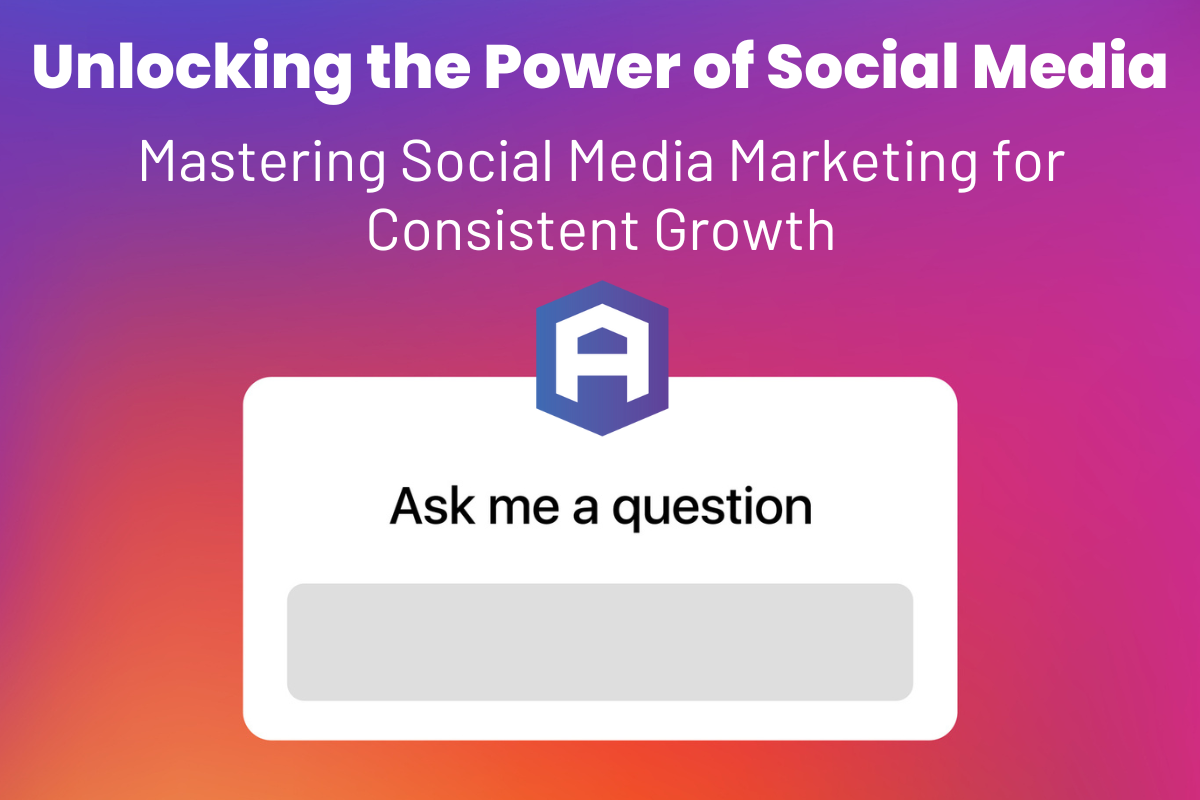


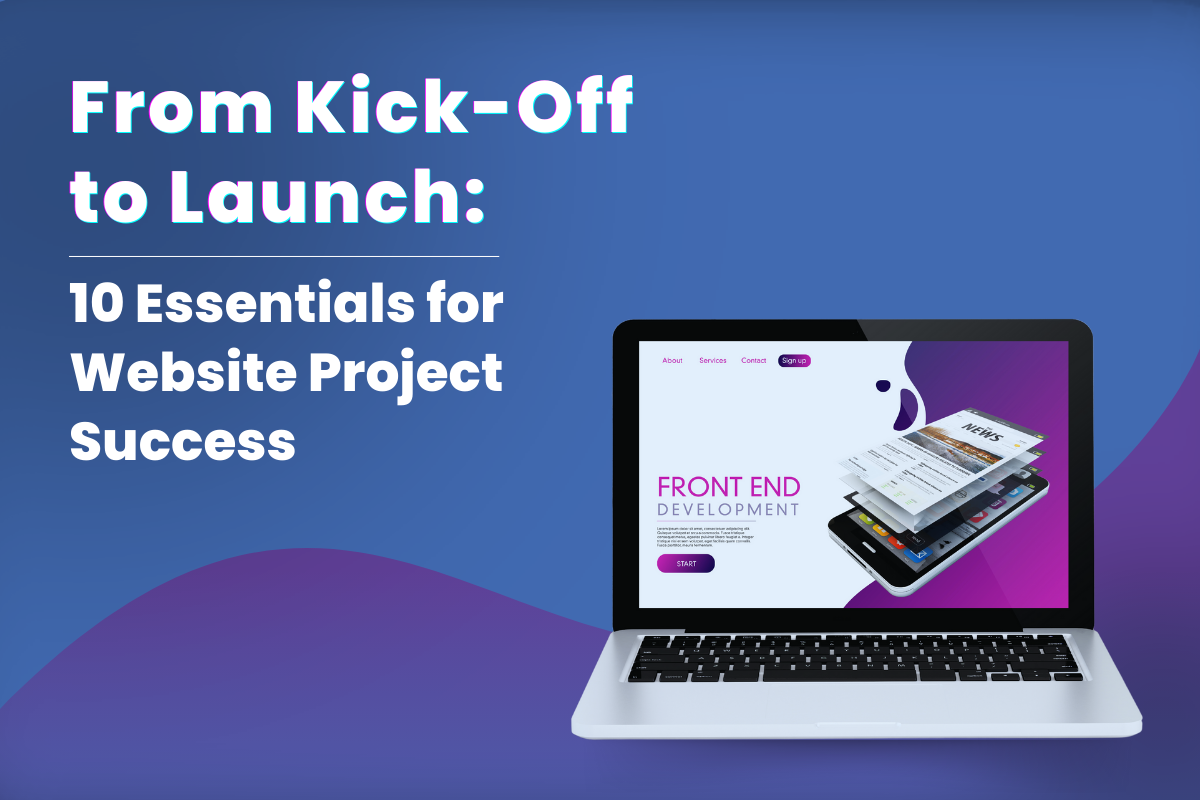

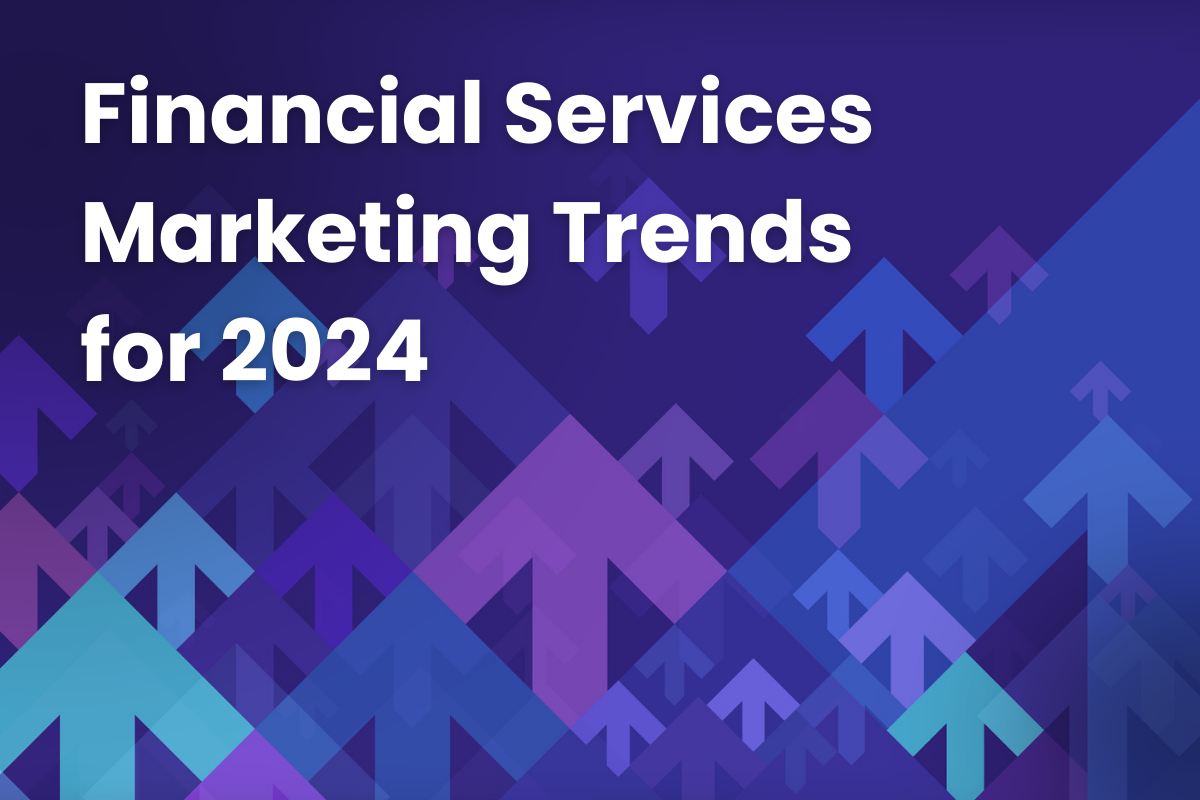
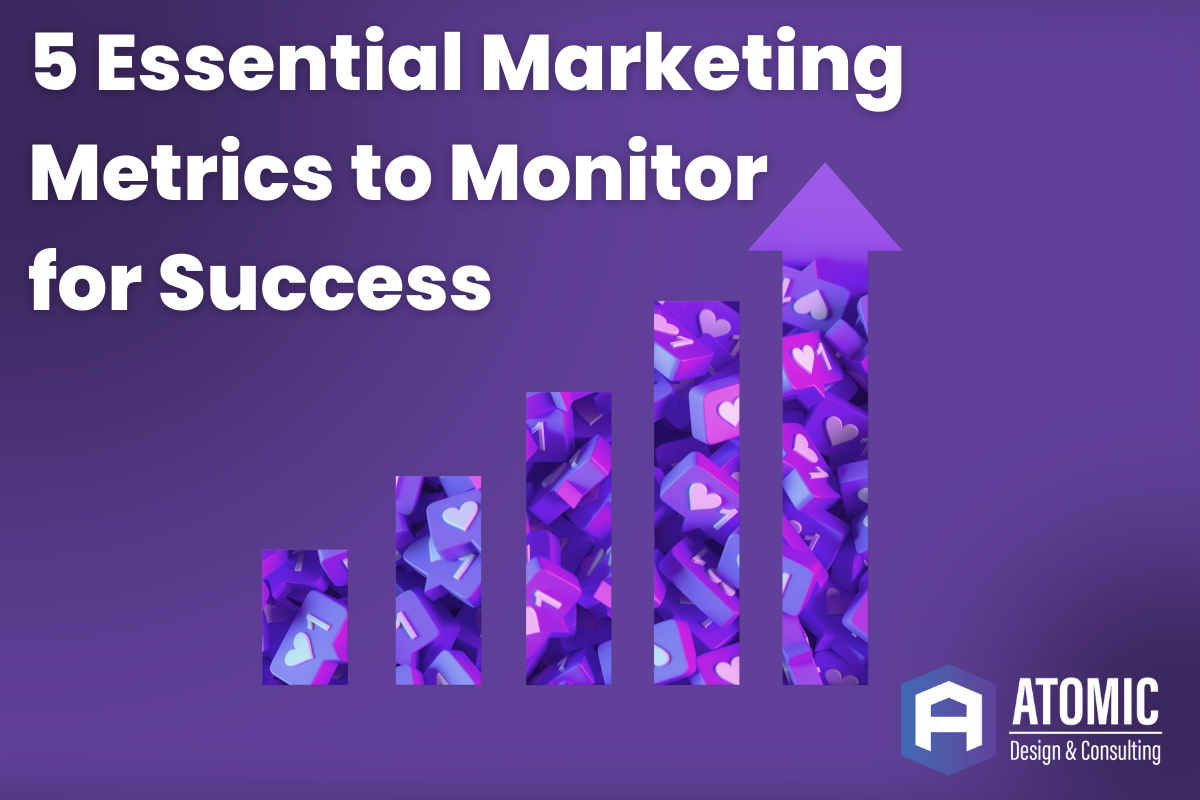


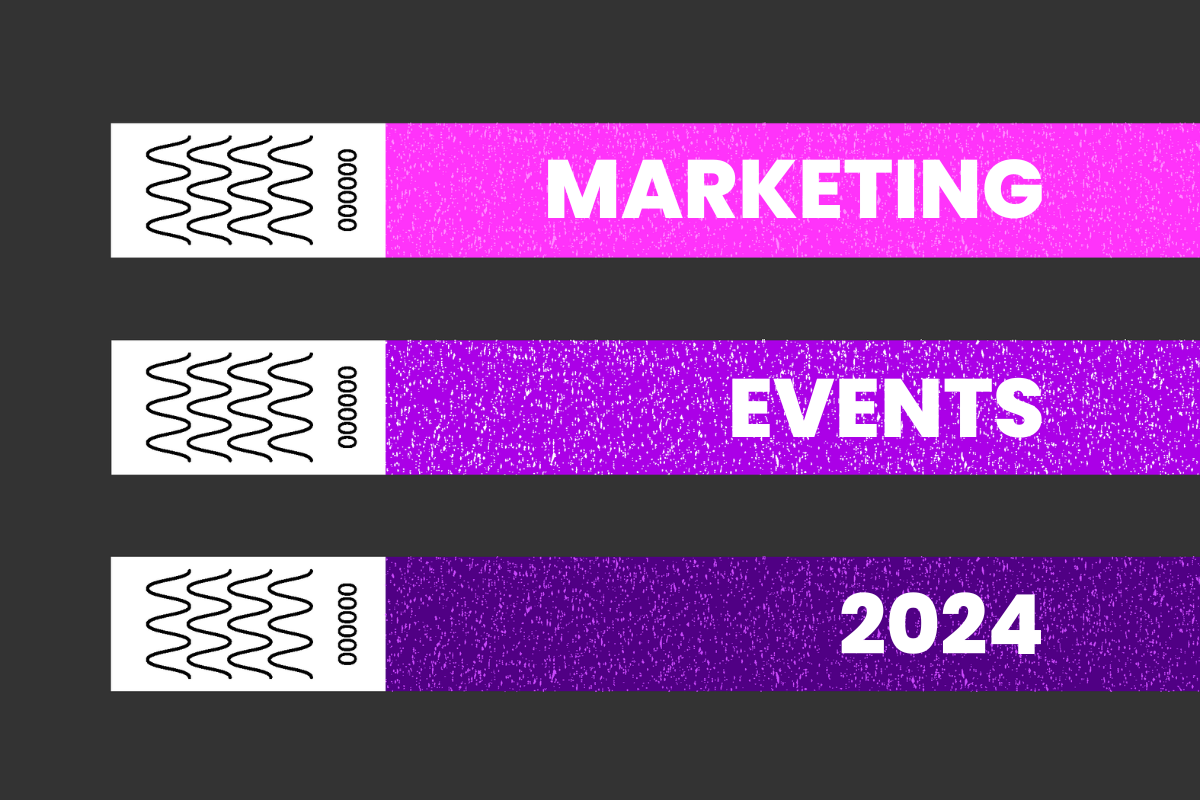













![How Much Should You Budget for Web Design or Redesign? [2020 Update] 26 29](https://www.atomicdc.com/wp-content/uploads/2019/12/29.png)





![HubSpot Partner Day 2019 [Recap] 32 ADC partner day 1200x630 1](https://www.atomicdc.com/wp-content/uploads/2019/09/ADC-partner-day-1200x630-1.jpg)



![30 Awesome HubSpot Tools That Won’t Cost You a Dime [Free Inbound Marketing Tools] 36 30 hubspot tools that won't cost you a dime](https://www.atomicdc.com/wp-content/uploads/2019/06/ADC-30-hubspot-tools.jpg)


